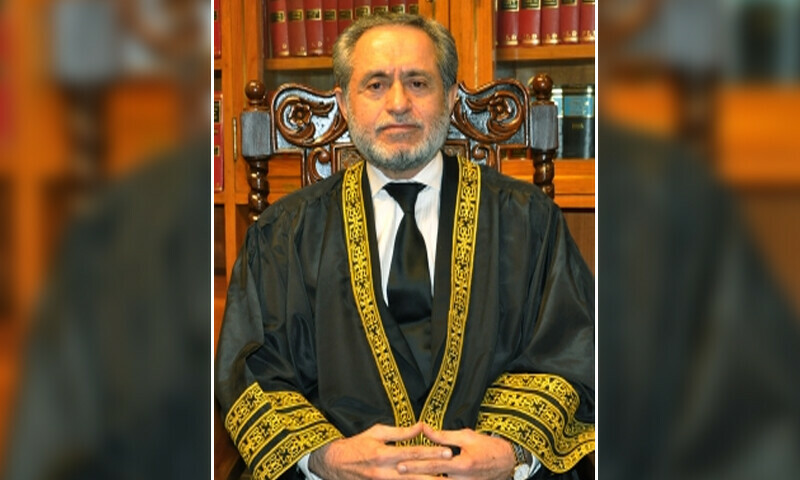Supreme Court judge, Justice Jamal Khan Mandokhail, on Thursday urged the government to recognise mining as a formal industry, highlighting the harsh and often deplorable conditions faced by miners, particularly in Khyber Pakhtunkhwa and Balochistan.
The mineral sector currently contributes only about 3.2 per cent to Pakistan’s GDP. Prime Minister Shehbaz Sharif has repeatedly highlighted the mining potential across the country, even going as far as to say that if the country managed to harvest its mineral reserves that valued “trillions of dollars”, it could allow the country to say farewell to global financial institutions like the International Monetary Fund (IMF).
Addressing a high-level national conference under the theme ‘Workers and Employers in 2025: Navigating Change with Harmony’, Justice Mandokhail said, “In the eyes of the law and Islam, employers and workers are equal, and the Supreme Court stands as the ultimate guardian of their rights.”
He expressed deep concern over the absence of institutional safeguards for mine workers and called for legal and administrative reforms to ensure their protection and welfare.
“A judge must follow the law, but justice is not limited to the courts. Every individual is responsible for ensuring justice in their actions,” he said.
Quoting Article 17 of the Constitution, he noted that the right to association is a fundamental right, adding that labour unions must work to protect legal rights while promoting harmony.
“Cordial relations and mutual consultation between employees and employers can help reduce the growing backlog of labour-related cases in courts,” he observed.
The event was organised by the National Industrial Relations Commission (NIRC) in collaboration with the International Labour Organisation (ILO) Pakistan, marking International Labour Day.
Meanwhile, Justice Jawad Hassan of the Lahore High Court praised Pakistan’s legislative framework for labour rights, saying the country has a long-standing tradition of progressive labour laws, starting with the Industrial Relations Ordinance of 1969.
“Pakistan has signed nearly all 48 international treaties relating to labour rights,” he added.
In his remarks, Justice (Retd) Shaukat Aziz Siddiqui, Chairman of NIRC, said the commission’s core mandate was “to keep the national industry moving forward while safeguarding workers’ interests”.
Meanwhile, renowned jurist Barrister Dr Zafarullah Khan cited the Holy Quran in stating that the mission of the prophets was to establish justice.
He added, “According to Islamic teachings, lawful and hard-earned income is not just permissible—it is an act of worship. Islam replaced slavery-based labour systems with principles of liberty, equity, and dignity.”
Despite the importance of the sector, miners in the region contend with treacherous working conditions — labouring in poorly ventilated shafts, risking cave-ins, and facing chronic health issues.


